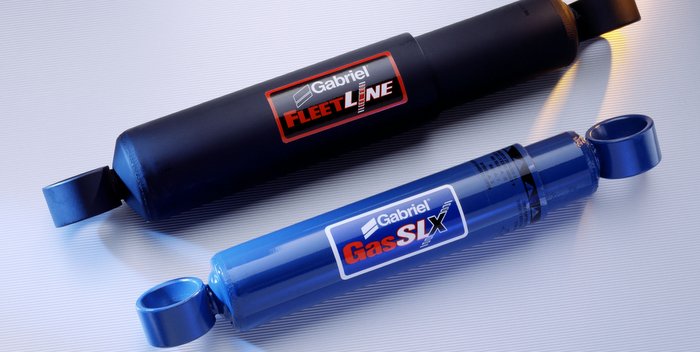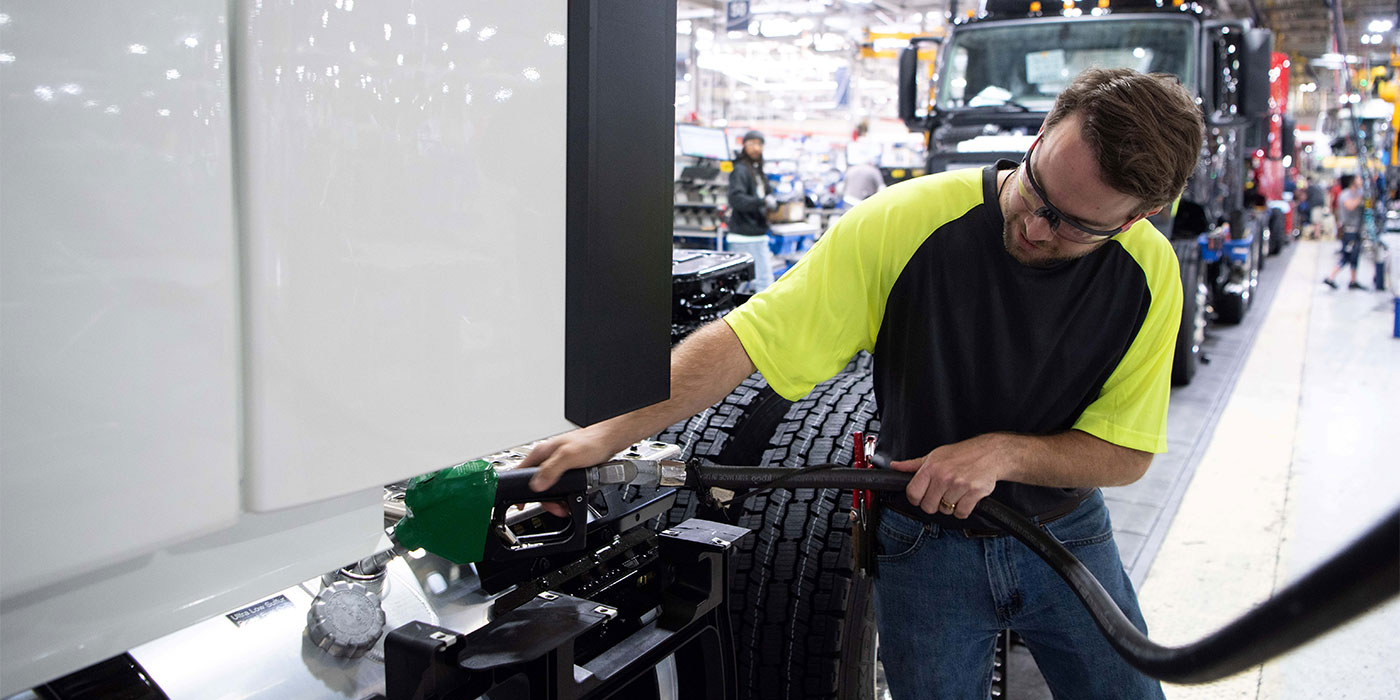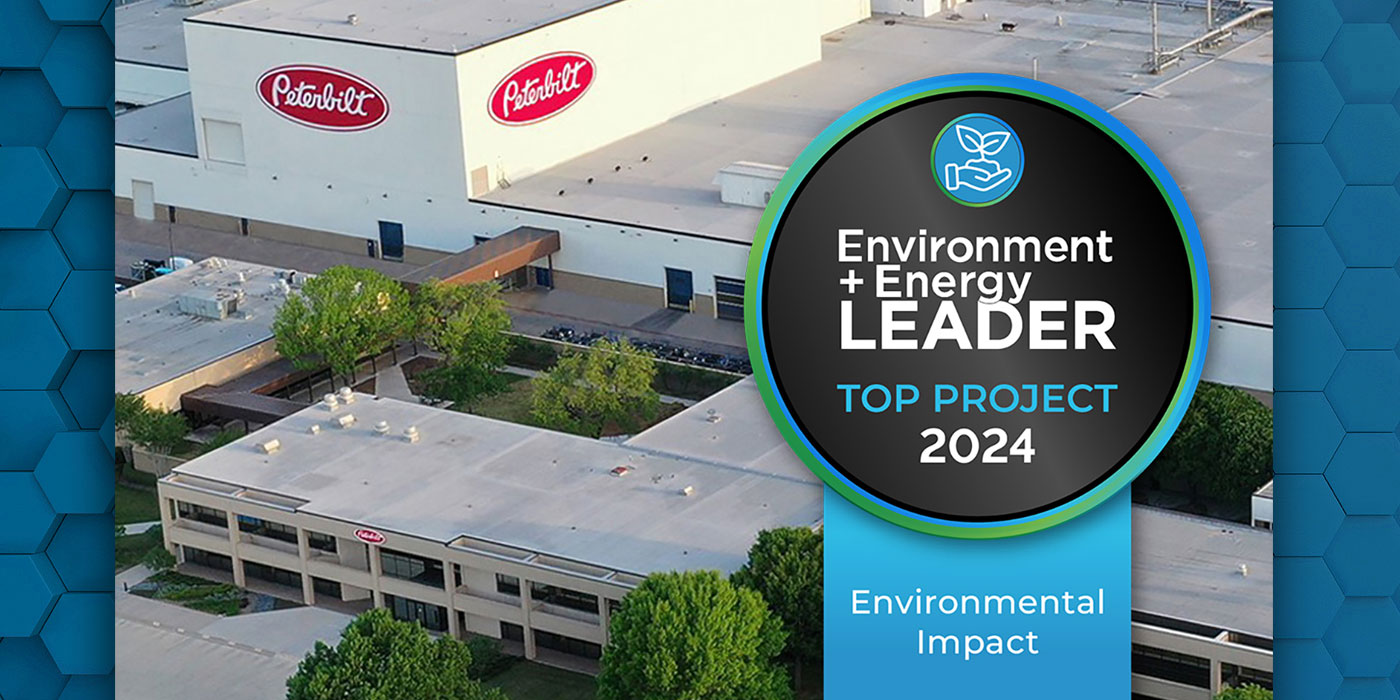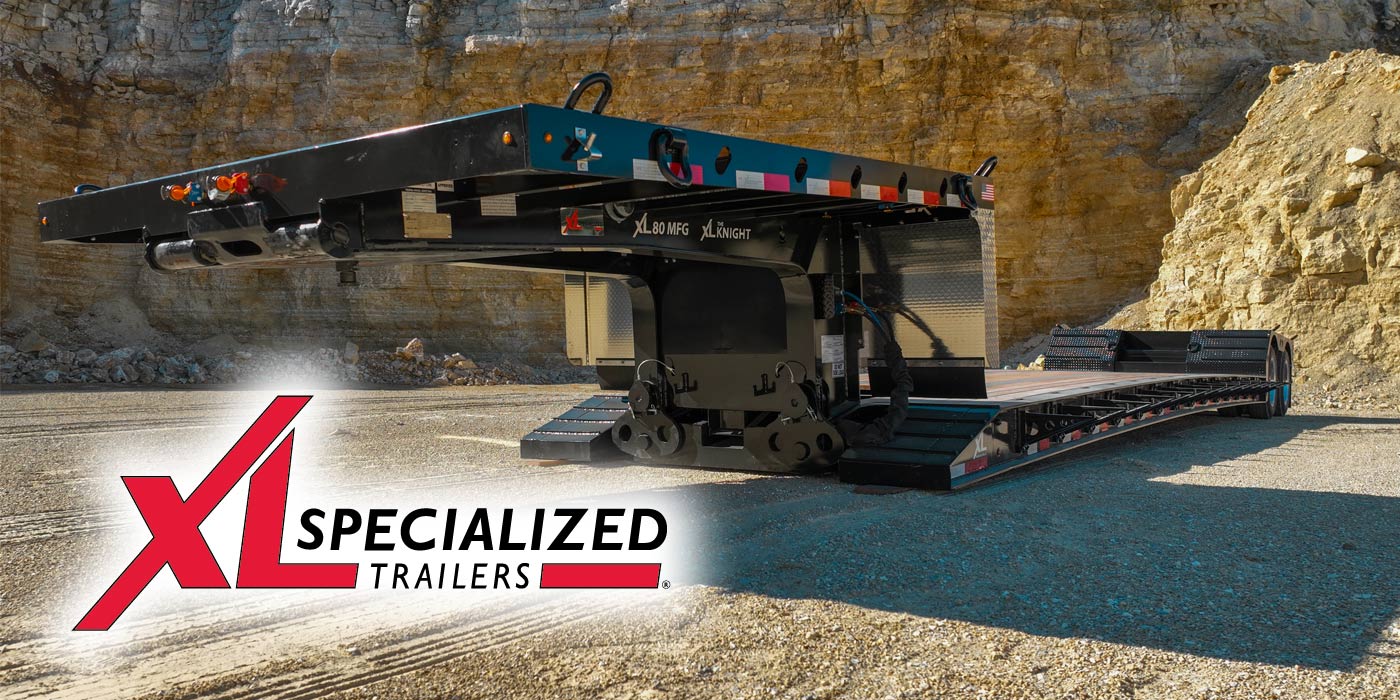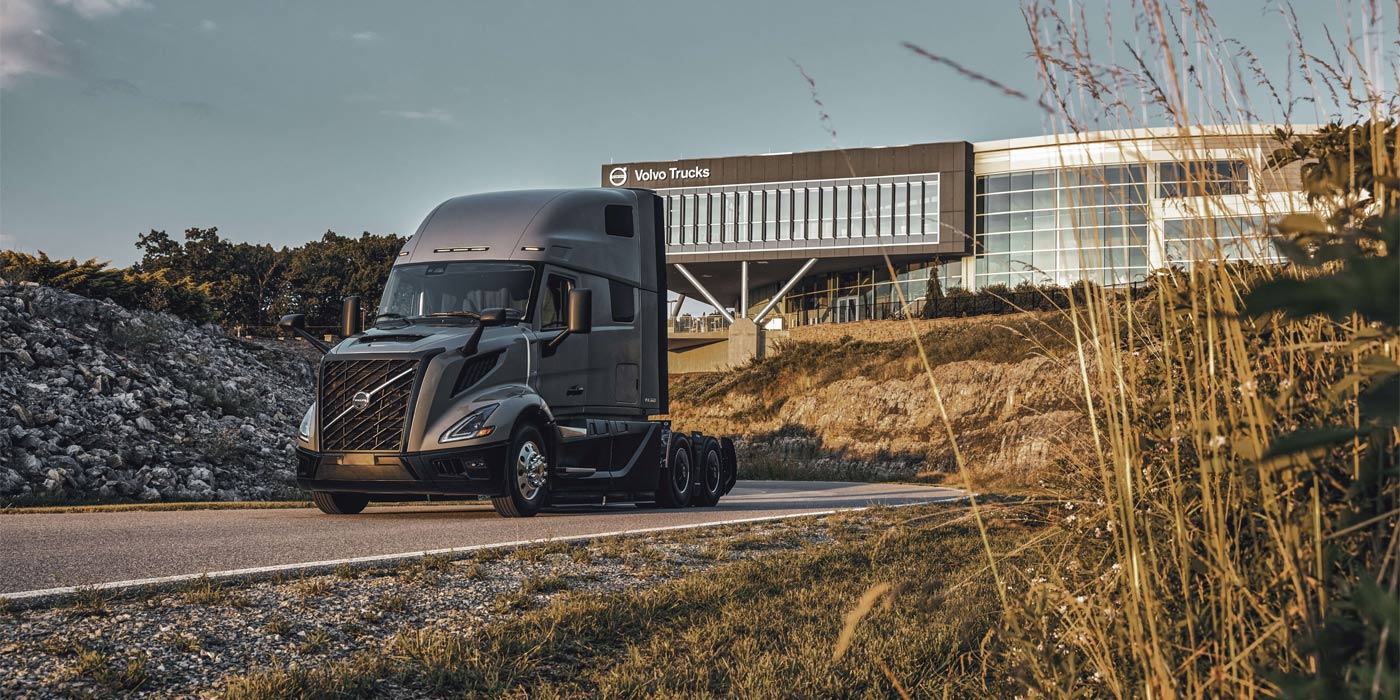Ride control technology, in the form of shock absorbers, struts, and related products, contributes to ride quality in vehicles. This technology can be specialized to vehicle type and end use to ensure top performance across the wide range of vehicle applications. This article will explore the characteristics of ride control technology for light vehicles and for heavy-duty vehicles (specifically, Class 8 trucks).
Light vehicles
In light vehicle applications, the design of the valve in shocks and struts drives performance and durability. Ride quality and comfort at any given velocity is dependent on valve design and tuning. To think of it another way, valve performance is velocity-dependent, and therefore valve designs must be tunable to offer different levels of vehicle control across a broad range of suspension travel velocities.
Ride control technology companies can tailor the dynamic targets of their products based on valve design. All Gabriel Ride Control shocks and struts, for example, are designed and tuned to provide proper damping control for harsh inputs, and to provide less aggressive damping where only basic body control is required to react to body pitch and roll motions.
Take, for example, some of the Gabriel light vehicle product offerings. Gabriel Ultra shocks and struts are designed to give a plush ride and superior body control, with low and medium dynamic speed targets well within the range of average driving speeds. This plush ride and excellent body control can be attributed to the products’ innovative damping valve, designed specifically for driver comfort.
The Gabriel engineering team’s expert understanding of damping valve technology allows the company to market its products specifically, based on the ride performance characteristics delivered by each individual valve design.
Heavy-duty vehicle applications
While valve design is also critical to top performance in heavy-duty vehicles such as Class 8 trucks, there are additional characteristics of ride control technology that have a great impact on both ride quality and service life: fade performance, tensile strength, and hydraulic lock.
Fade performance is the ability of a shock absorber to generate consistent damping force across a temperature range. In many cases, at high temperatures, the oil within the shock absorber can begin to shear and aerate. Damping forces are then reduced, as the air absorbed into the oil is compressible and therefore will not generate the required damping force.
The fade performance of ride control technology is largely tied to the type and quality of the oil being used as the damper fluid. Top-quality damper fluid has additives that both enhance its damping capabilities and control shear, ensuring greater fade performance over the product’s lifetime. Each ride control technology manufacturer generates its own damper fluid formula, and so fade performance can vary widely among different brands.
Tensile strength is also critical to long-term performance in heavy-duty ride control applications. Aggressive rebound events can place a great deal of strain on ride control products, particularly at the points at which they attach to the vehicle chassis, and, in extreme cases or if the shock absorber is weakened, can rip the shock apart. Different construction methods for shock absorbers can offer higher pull force values, allowing the product to sustain greater or repeated force before failing.
Generally, split/welded eye rings on shock absorbers fail at lower pull force values. Solid forged eye-rings, such as those available on Gabriel heavy-duty ride control products like the Fleetline product line, generally have greater tensile strength and fail at far higher pull force values. Customer requirements and end use influence how important tensile strength is to performance, as some vehicles must be capable of withstanding a greater number of or more severe, aggressive rebound events than others.
The final key component of heavy-duty shock absorber performance to be discussed in this article is the presence of a hydraulic lock feature, which instantly restricts fluid flow within the shock absorber during rebound events. This fluid flow restriction increases the amount of energy absorbed by the ride control product, which has two benefits for end users: it ensures that end users do not feel aggressive rebound events as strongly, improving ride quality, and it reduces the strain put onto the shock absorber components, lengthening service life by reducing the likelihood of failure.
Together, design for fade performance, tensile strength, and hydraulic lock contribute to body control and ride comfort as well as long service life in heavy-duty vehicles. Top-quality oil formulations, strength in attachment points, and hydraulic lock features deliver the best quality ride over the longest service life, and heavy-duty vehicle operators can benefit from these product characteristics when choosing ride control technology based on their vehicles’ end use. Similarly, light vehicle end users with an understanding of the importance of valve design can choose how to prioritize cost, body control, and comfort in their selection of ride control technology.
This article was contributed by Robert Nossal, product engineering manager at Gabriel Ride Control.

